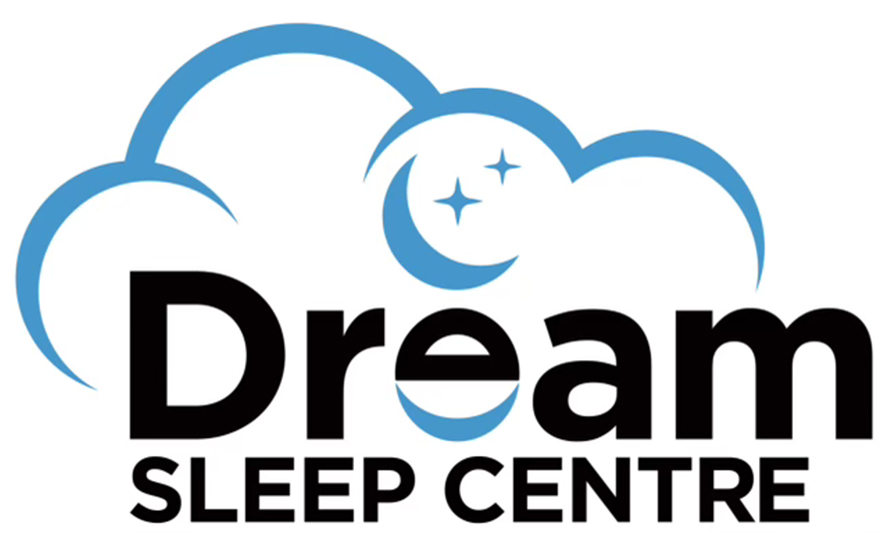How much sleep did you get last night? Research shows that on average, adults should aim to get between 7 and 9 hours of sleep each night to function well during the day. However, as many as a quarter of Americans will experience sleep problems each year that may affect their quality of life. Fortunately, you don’t have to live with the debilitating effects of sleep problems thanks to behavior therapy.
What Is Behavior Therapy?
Behavior therapy, also known as cognitive behavior therapy or CBT, is a type of talking therapy that focuses on changing the way that you think and behave so that you can better cope with problems.
Behavior therapy breaks problems down into five areas that are believed to be interconnected and therefore one can affect another. For example, your thoughts about a specific situation can directly affect which actions you choose to take.
-
Situations
-
Emotions
-
Thoughts
-
Physical feelings
-
Actions
In the case of insomnia, it’s likely that negative thoughts and feelings, and even a poor bedtime routine is contributing to the effects of insomnia.
Signs That You Are Suffering From Insomnia
You may be suffering from insomnia if you:
-
Find it hard to fall asleep
-
Wake up for no reason several times during the night
-
Lie awake at night
-
Wake up early and are unable to get back to sleep
-
Still feel tired after waking up
-
Find it hard to nap during the day even if you are tired
-
Suffer from mood swings and general irritability during the day
-
Struggle to concentrate on tasks during the day
Some people may find that they only experience insomnia symptoms for a few days or weeks. However, others may suffer from insomnia for months or even years.
How Can Behavioral Therapy Help With Insomnia?
Behavioral therapy looks at the link between the way that we think, the things that we do, and the quality and quantity of our sleep. It then helps you to identify the negative thoughts, feelings, and behaviors that may contribute to your sleep problems. Once these have been identified, your therapist can work with you to change those which are affecting your sleep and change them, by developing healthy habits instead.
There are several techniques that may be used. These include:
Cognitive Restructuring
This is where your therapist will try and alter your perceptions about sleep, such as helping you not to get stressed or anxious about not sleeping, which are common emotions for people suffering from chronic insomnia.
Stimulus Control
This technique encourages people to get out of bed when they can’t sleep so that they don’t spend excessive periods of time lying in bed stressing about why they can’t sleep. This is important because studies show that changing your location and doing a quiet activity instead can help you to become tired again. Reading and activities like knitting or sewing are recommended.
Sleep Restriction
Restricting sleep may sound ridiculous to an insomniac, but this focuses on restoring your natural sleep-wake cycle so that you can get back into a normal pattern of sleep. It works by restricting the amount of time you spend in bed, as the longer we are awake, the more our need for sleep increases. Don’t lie in bed for hours during the day. Instead, view your bed as strictly for sleeping rather than somewhere to hang out.
As well as helping patients to improve their lives by increasing the quality and quantity of their sleep, one of the biggest benefits of behavioral therapy for insomnia is that it enables people to get to the root cause of their sleep problems. This enables them to address them directly, rather than simply masking them with sleep medications.
Learn more about the benefits of behavioral therapy for insomnia, contact Dream in DelMar in Del Mar, CA at (858) 755-1166.

